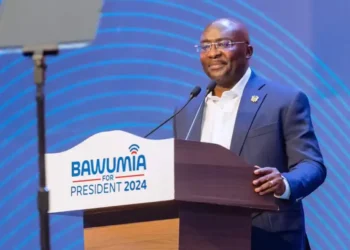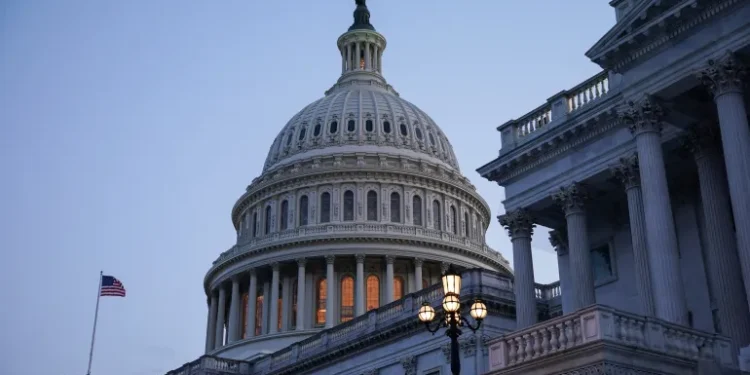A Senior Manager at KPMG has said that financing of the country’s budget deficit post-COVID-19 will put pressure on the country’s economy.
Notwithstanding the approval of ¢85.9billion at the end of 2019 for government’s expenditure for 2020, the Finance Minister Ken Ofori-Atta requested Parliament’s approval to spend an extra ¢11.8billion for the 2020 fiscal year.
This additional spending, according to the Minister is because of the impact and revenue shortfalls the economy has suffered due to the coronavirus pandemic.
However, the impact and policy stands of government means that, the budget deficit has now been shoved up to 11.4% of GDP more than double the 5% spelt out in the Fiscal Responsibility Act 2018.
This deficit, according to Mr Asare Evans of KPMG is problematic because government, regardless of how much it spends, will have to settle its excess spending and the sources of the money to settle the deficit, according to him is where the conundrum waylays.
“The challenge is that, the deficit needs to be financed and the sources of finance is where there will be an issue. Whether government will need to go to the domestic or international market, to be able to borrow and then to bridge this gap or deficit in financing its expenditure.
“This, we anticipate will put pressure on the private sector borrowings. As government is going into domestic markets, then it is going to compete with the private sector for the same funds. If it is going international, then the obvious challenge is the pressure that will be put on the cedi, that is, the local currency because government may have to be servicing the debt in foreign currencies and therefore it will bring some pressure on the local currency.”
He was speaking at a webinar dubbed, “Planning for Post-COVID-19 Era in Ghana: Investment Opportunities and Key Risk,” organized by the UK Ghana Chamber of Commerce.
He added that, the sidelining of the Fiscal Responsibility Act because of COVID-19 will also compound the issue.
“We know that, the Act is to be suspended for the medium term because as we can see, from 2020 to 2023 the fiscal deficit is expected to go beyond 5% that is in breach of the Fiscal Responsibility Act.”
Many analysts, locally and internationally have asked governments around the globe to be circumspect in their spending during these uncertain times. With a predictable phenomenon in mind, Dr Theo Acheampong of IMANI Africa warned that if care is not taken, government’s budget deficit after the election may go way beyond projections.
Already, the Fiscal Development Report (May 2020) released by the Bank of Ghana shows that government’s operations in the first quarter of this year sent the budget deficit to GH¢13billion against a target of GH¢7.2billion.
According to Adam Wolfe of Absolute Strategy Research, Ghana is among some of the most vulnerable countries at risk of defaulting on their external debt next year. This is as a result of the strain on public expenditure.
Ghana’s case is not peculiar as according to the Financial Times’ Jonathan Wheatley:
“The economic downturn caused by the pandemic, combined with rising healthcare spending to tackle the spread of the virus, have caused budget deficits to soar in many countries.”
He further pointed out that developing countries are faced with the choice of “risking public unrest by cutting back on spending, or negotiating with investors to restructure their debts.
“On average, emerging and developing economies have announced support packages worth 5.4 per cent of gross domestic product according to figures published by the World Bank last month; in some countries — including India, Malaysia, Poland, Qatar, South Africa and Thailand — pandemic-related public spending has topped 10 per cent of GDP.”
Also, economies which depend largely on commodities are “particularly vulnerable” according to the World Bank.
Gabriel Sterne, chief economist at Oxford Economics, a research firm, has also said:
“If your response [to the pandemic] is more fiscal spending, then you have to fund it somewhere. So you start to stretch arguments about countries’ capacity to fund themselves.”





















